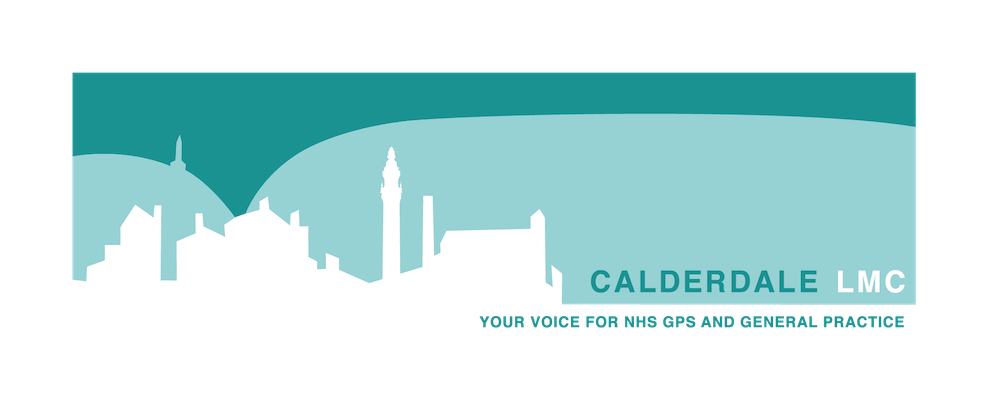Firearms Licensing - BMA Support Guide for GP
Firearms Licensing - GP Support Guide
From 1 April 2016 new information sharing processes between GPs and the police were introduced in an attempt to ensure those licensed to possess firearms and shotgun certificates are medically fit to carry arms.
The BMA offer advice on the current system taking into account discussions with the Home Office, the police and the British Association for Shooting and Conservation (BASC), as well as external legal advice.
The guidance includes 5 Sample Letters which can be used by GPs to respond to requests for information.
In summary:
- You should engage in the process of firearms licensing by responding to an initial police letter within 21 days.
- Failure to do so could place you at professional risk.
- The GMS contract entitles GPs to charge a reasonable fee for the services provided as part of this process. The demand for the fee should be addressed to the applicant as the initiator of the process. The failure or refusal of an applicant to pay a reasonable fee entitles you to refuse to engage further in the firearms certification process.
- If you have a conscientious objection, you must inform the police and have due regard to GMC guidance.
- Finally, if you consider that you lack the relevant competence to provide a report, you should decline to do so and promptly notify the licensing authority of your decision and the reason for it.
The full guidance published by the BMA can be read here.
The guidance refers to sample letters that are available here:
The BMA have also included a new flowchart clearly detailing the process involved in the application. It is our recommendation that a copy of this flowchart should be included when returning an application. This clearly requires the Police to inform the GP in the case of an application being denied. The flowchart can be found here
